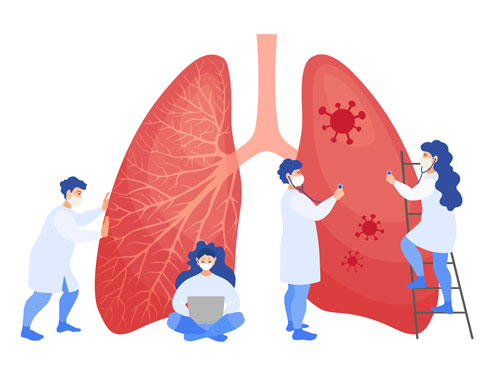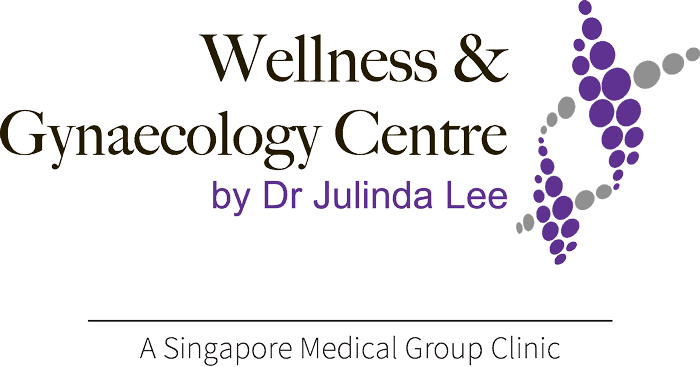
Dr Julinda Lee Jun 01, 2020
Boosting Your Immune System Against COVID-19

Since the end of January this year, we have received so much ongoing news about the COVID-19 virus that is responsible for this unprecedented pandemic. We have seen the reliability of isolating ourselves and practicing social distancing in reducing our chances of contracting the virus and spreading it. Good personal hygiene and wearing of a mask in situations where social distancing cannot be ensured are also good advice. However, lockdowns will end, hopefully, and we may find ourselves in unsuspecting situations where we may be exposed to the virus.
What appears to be clear from the current evidence regarding the virus thus far, is that individuals who have a low immunity e.g. the elderly, highly stressed individuals, cancer patients are at greater risk of contracting the virus.
In patients who contract COVID-19, an overly aggressive immune response to the virus occurs, producing what is known as a cytokine storm. This cytokine storm increases the likelihood of a severe illness related to the virus with not only damage to the lungs, requiring ventilation, but also to other organs in the body including the heart and blood vessels, brain, and kidneys. The patients most likely to mount this overly-aggressive response to the virus are patients who already have increased inflammatory response in their bodily systems e.g. those who are obese, have hypertension, heart disease or diabetes.

Therefore, in order to reduce the likelihood of catching infection, we must be able to mount a quick first response to the virus and prevent it from entering the cells in the body. But if infection does happen, the body needs to be able to tamper its response, and not mount an overly aggressive one that results in significantly more severe illness and complications from the infection. Some practical steps to doing that include:
- Create a healthy digestive system
Our gut bacteria are responsible for modulating our immune response, keeping it in the “goldilocks” or just right range. A diet high in whole vegetables and fruit, nuts and seeds, spices and herbs keeps the good bacteria happy and reduces the likelihood of an overly aggressive immune system.High stress and sleep deprivation also affects the function of your gut bacteria, as does a diet high in unhealthy fat, sugars and refined carbohydrates. Hence, avoid them as much as you can.

- Reduce stress
Uncontrolled and prolonged stress reduce the ability of your immune system to respond to an infection. It also increases the likelihood of an overly aggressive response to infection with the coronavirus.
- Adequate sleep
Sleep deprivation (6 hours or less) increases the likelihood of colds and influenza by 4 to 5 fold.
- Sufficient sunlight exposure
This not only allows our skin to make vitamin D, which is important for moderating immune system function, but exposure in the morning also helps the body clock ensure we are able to get a good night’s sleep.
- Exercise
Exercise helps stress reduction, reduces body weight and bodily inflammation, again contributing towards a healthier immune response. Be careful not to overdo it especially at the beginning as this can have the opposite effect of suppressing your immune system.

- Supplements
Consider supplementing with Vitamin C (1 to 2 grams a day) as this has been shown to be useful in COVID infections. Supplement with vitamin D if you live in a climate where there is limited sun exposure or if you work indoors with limited opportunity to get enough sun.


